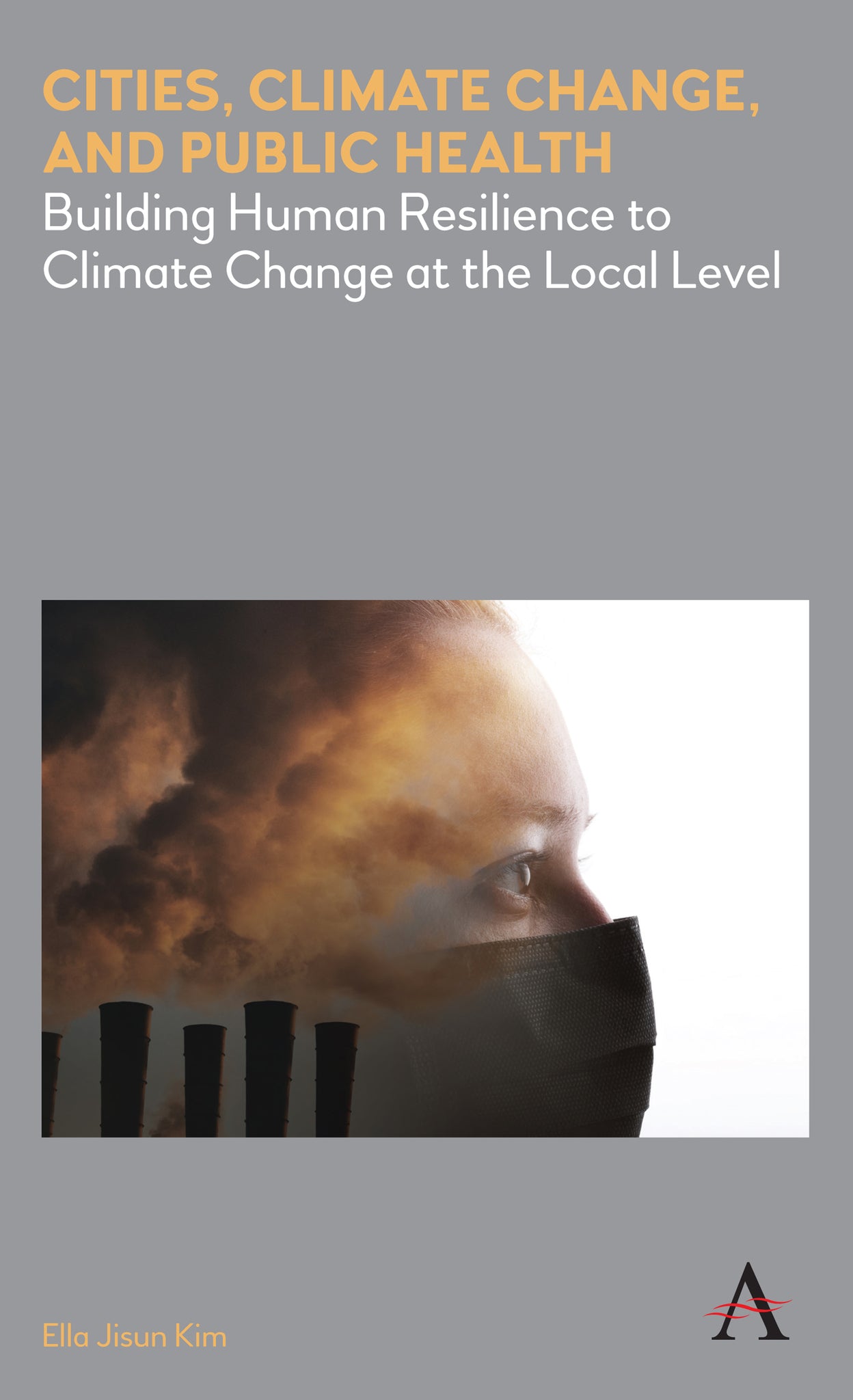We're sorry. An error has occurred
Please cancel or retry.
Cities, Climate Change, and Public Health

Some error occured while loading the Quick View. Please close the Quick View and try reloading the page.
Couldn't load pickup availability
- Format:
-
20 April 2020

To date, climate adaptation has mostly focused on protecting physical assets from potentially catastrophic climatic changes. While the lack of human vulnerability and equity components in adaptation plans and policies has been critiqued by many, this has not yet led to climate adaptation planning and policymaking processes that situates people’s health and well-being front and center.
This book examines how cities can use a public health frame of climate change to boost people’s understanding of and concern about climate change and increase policy support for climate adaptation efforts at the local level. In addition, it aims to strengthen our understanding of different tools cities can use to operationalize a focus on the health implications of climate change, enhance collective decision-making capacities, and, ultimately, build human resilience to climate change.

SCIENCE / Global Warming & Climate Change, Climate change, MEDICAL / Public Health, POLITICAL SCIENCE / Public Affairs & Administration, Public health and preventive medicine, Public administration / Public policy

Ella Jisun Kim's book "Cities, climate change, and public health: Building human resilience to climate change at the local level" in eight concise chapters presents the theoretical background to the "frames and games" project and shows how the application of serious games can accelerate individual and collective learning to advance readiness in climate adaptation.
The author points out the advantages and disadvantages in both game formats (a series of face-to-face role play and one online digital game) and formulates a series of policy recommendations to guide local policymakers and stakeholders in the implementation of multimodal game-based engagement in climate adaptation planning and policymaking.
In sum, the book demonstrates how serious games can be used as a knowledge brokerage tool, facilitating social learning, and integrating different knowledge systems-scientific, technical, local-in planning and policymaking processes. - Journal of Urban Affairs
List of Figures and Tables; Acknowledgments; Chapter 1 Introduction; Chapter 2 Cities, Climate Change, and Public Health; Chapter 3 Collective Climate Adaptation at the Local Level; Chapter 4 Framing Climate Change as a Public Health Issue; Chapter 5 Role- Play Simulations; Chapter 6 Digital Games; Chapter 7 Role- Play Simulations versus Digital Games; Chapter 8 Discussion and Policy Recommendations; Appendix A. Issue Framing Vignettes; Appendix B. Issue Framing Survey Questions; Appendix C. Role- Play Simulation Before- Survey Questions; Appendix D. Role- Play Simulation After- Survey Questions; Appendix E. Role- Play Simulation Facilitator Questionnaire; Appendix F. Role- Play Simulation Debriefi ng Script; Appendix G. Role- Play Simulation Post- Game Interview Questions; Appendix H. Role- Play Simulation Workshop Sample Characteristics; Appendix I. Digital Game Before- Survey Questions; Appendix J. Digital Game After- Survey Questions; Appendix K. Digital Game Post- Game Interview Questions; Appendix L. Digital Game Sample Characteristics; References; Index.



